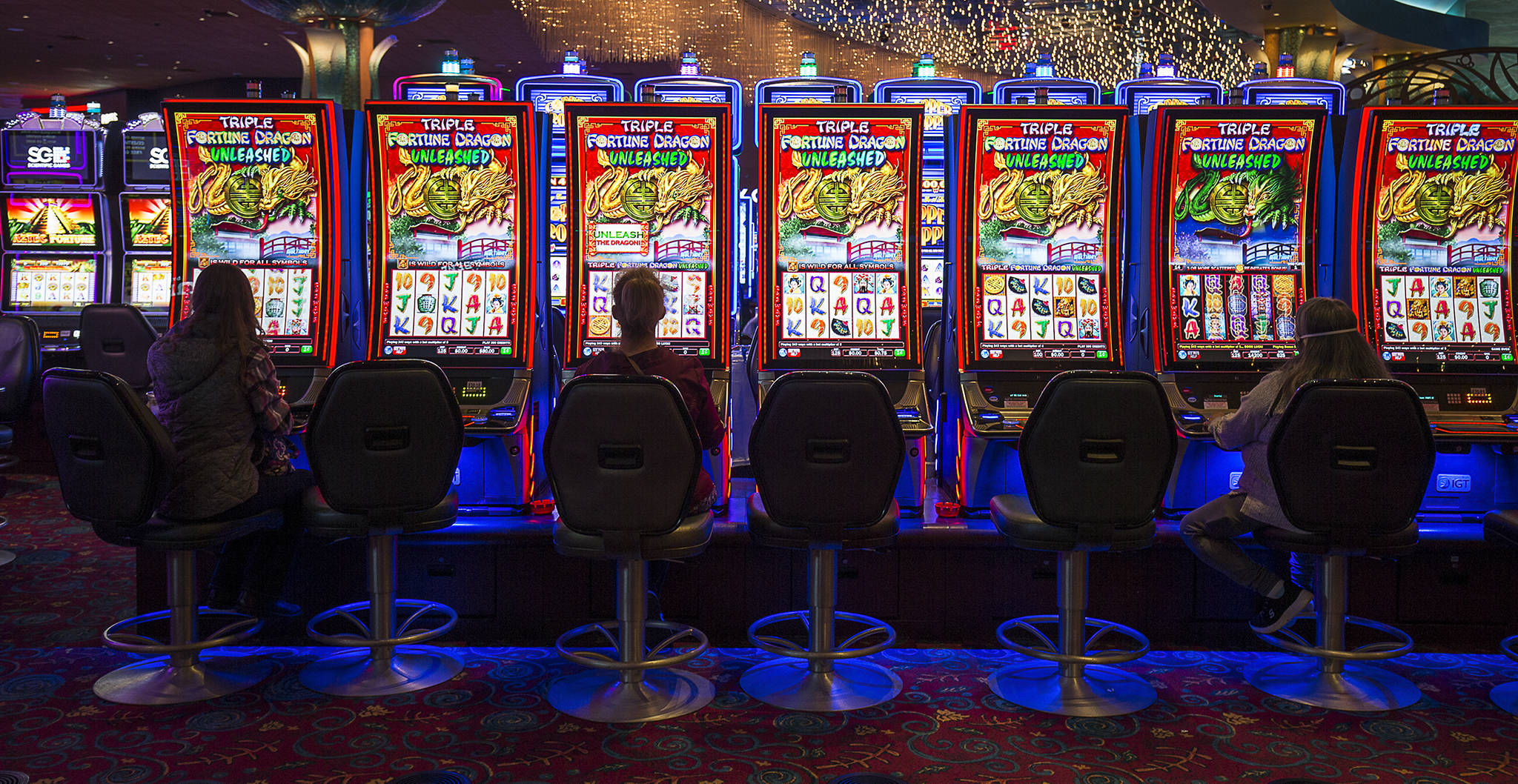By Adam Minter / Bloomberg Opinion
On March 19, the Bay Mills Indian Community in Michigan’s Upper Peninsula closed down its two casinos to protect employees and patrons from Covid-19.
Bryan Newland, the tribal chairman, told me over the phone that the reservation had lost a full quarter of its annual revenue, which is used to fund everything from infrastructure to scholarships. Even after reopening last month, things haven’t gotten much better. The casinos are operating at 50 percent capacity, or “just enough to keep people employed.”
Bay Mills’s problems aren’t unique. By the end of March, the coronavirus had closed every one of the 474 Indian casinos operating in the U.S. That deprived many communities of their primary source of revenue and has endangered decades of economic progress for American Indians and their neighbors. In response, many tribes have now hit on a perhaps counterintuitive solution: more gambling.
Since the establishment of reservations in the 19th century, often on land considered worthless by federal and states governments, Native American poverty has been widespread and persistent. A lack of economic opportunity, combined with intense social disruptions (enabled by racist assimilationist policies), created cycles of systemic deprivation. By 1969, about 1 in 3 American Indian families were living in poverty.
A glimmer of hope arrived in the 1970s, when the U.S. adopted a policy of self-determination for federally recognized tribes, granting them the right to operate as sovereign governments. Self-determination wasn’t going to rejuvenate remote economies; at least, not quickly. But beginning in the mid-1970s, several tribes opened bingo parlors to help fund local services. Over the next few years, gambling expanded across Indian Country. In 1988, the Indian Gaming Regulatory Act established rules and oversight nationwide.
By many measures, the economic impact has been substantial. In 1988, gross revenue from Indian gaming totaled $212 million; in 2018, it hit $33.7 billion. Although a good chunk of that money goes to pay taxes, what remains has allowed many tribal governments to self-fund a range of services, from schools to law enforcement. Research has also found that adding a casino can increase jobs and populations on reservations.
The problem is that the benefits have been unevenly distributed. Newland estimated that 80 percent of Indian gaming revenue is generated by fewer than 20 percent of the tribes. Most of the top beneficiaries are — unlike Bay Mills — located near large population centers. And despite the casino boom, overall Native American poverty has remained stubbornly high, hitting 26.8 percemt in 2017, compared to 4.6 percent nationally.
One potential answer to this quandary is to double down. In 2018, Bay Mills was a strong backer of a measure to legalize online gaming in Michigan. “It really started as a way to expand our offerings as a small remote tribe,” Newland told me. After the state authorized online table games, poker and daily fantasy sports last year, the community partnered with DraftKings Inc. to create a retail sportsbook as well as mobile and online betting services. At the time, Newland figured this would only add to what the tribe’s casinos were already earning. “But that was before we’d ever heard of Covid.” Coronavirus shutdowns hit his community hard, just as they have other parts of Indian Country. One analysis suggests that the six weeks of total Indian casino shutdowns through May 4 cost $4.4 billion in lost economic activity, and nearly $1 billion in lost wages. The resulting shortfalls have hit just as several tribes, including the Navajo, are facing some of the highest Covid infection rates in the country.
With few other options, many Native communities are once again looking to the federal government for help. In March, the Cares Act appropriated $8 billion to help sustain a range of services typically funded by Indian gaming. But that likely won’t be enough (tribes had requested $18 billion). And Newland is far more interested in what his community will earn after Michigan completes the licensing process for his online offerings. “Now it’s a necessity,” he told me.
For remote tribes, it’s likely to remain one. Casinos will have reduced occupancy limits for the foreseeable future, and there’s no telling when people will feel comfortable returning to rows of packed slots. Internet gaming and online sportsbooks could be a way for gamblers to play safely, and help to keep services funded across Indian Country.
(Local editor’s note: Earlier this year, the Washington state Legislature authorized wagering on sporting events at tribal casinos; four tribes — Tulalip, Suquamish, Snoqualmie and Kalispel — are now working with the state Gambling Commission to develop regulations.)
It is, of course, a toss of the dice. For all its potential economic benefits, legalized gambling has also been associated with a host of social problems, including increased crime and bankruptcies. And no one really knows how America’s experiment with online wagering will turn out. But one thing is certain: In Bay Mills, as in many Indian communities, the stakes could hardly be higher.
Adam Minter is a Bloomberg Opinion columnist. He is the author of “Junkyard Planet: Travels in the Billion-Dollar Trash Trade” and “Secondhand: Travels in the New Global Garage Sale.”
Talk to us
> Give us your news tips.
> Send us a letter to the editor.
> More Herald contact information.

























